Kenya
Towards the end of plastic pollution? Representatives from 175 countries are meeting in Kenya from Monday to negotiate for the first time concrete measures to be included in a binding global treaty to put an end to plastic waste.
The countries agreed last year to finalise a first global treaty to combat the scourge of plastics by the end of 2024.
The stakes are high because petrochemical plastics are everywhere: waste of all sizes can already be found at the bottom of oceans and on mountain tops. Microplastics have been detected in blood and breast milk.
The negotiators have already met twice, but the meeting from 13 to 19 November in Nairobi, the headquarters of the United Nations Environment Programme (UNEP), is the first opportunity to discuss a draft treaty published in September that outlines the many ways in which the plastic problem can be solved.
There is a broad consensus on the need for a treaty.
But between the policies defended by different countries, environmentalists and the plastics industry, positions diverge.
"This is the big battle we're going to see now", explains Eirik Lindebjerg of the NGO WWF, who will be among the thousands of participants in the negotiations.
Several countries and environmental NGOs are arguing in favour of a ban on single-use plastic products and stricter rules, among other so-called "high-ambition" measures.For their part, manufacturers and the main producer countries are campaigning for recycling and better waste management.
- Turning off the tap
The "zero draft" puts all options on the table. The treaty could be a pact for nature or "a cosy deal with the plastics industry", depending on the direction the negotiations take, warned the UN's special envoy for the ocean, Peter Thomson, in October. Plastic pollution is set to get worse: annual production has more than doubled in 20 years to 460 million tonnes. It could triple by 2060 if nothing is done. Yet only 9% is recycled.
Plastic also plays a role in global warming, accounting for 3.4% of global emissions in 2019, a figure that could more than double by 2060, according to the OECD.
Ahead of the discussions in Nairobi, some sixty countries expressed their concern about this trend and called for "binding provisions in the treaty to restrict and reduce the consumption and production" of plastic.
Graham Forbes, head of Greenpeace, argues that the treaty will succeed or fail "depending on how it limits plastic production upstream": "You can't stop the bath from overflowing until you turn off the tap", he maintains.
- Ideology of emotion" -
On the other hand, many countries - notably the United States, China, Saudi Arabia and members of OPEC - are reluctant to consider cutting production.
The EPS Industry Alliance, a North American association that defends companies that make expanded polystyrene (frequently used in the US for takeaway cups), says there has been insufficient "independent scientific review" of the treaty, warning of the "unintended consequences" of some of the proposals.
"There is a huge amount of rhetoric around plastics that is riddled with the ideology of emotion", maintains the association's executive director, Betsy Bowers, who will be attending the negotiations as an observer.
The Nairobi meeting is the third of five sessions in a fast-track process aimed at concluding the negotiations next year.
After the Kenyan capital, negotiations are due to continue in April 2024 in Canada, concluding in South Korea at the end of 2024. In October, Fiji urged nations to act to conclude the treaty, saying small island nations needed faster action.
At the last negotiations in Paris in June, environmental campaigners accused the major plastic-producing countries of dragging out the talks.
This time, the sessions have been extended by two days. But will this be enough? "If they don't manage to make progress here (in Nairobi, editor's note), 2024 will be very intense if they want to reach a meaningful treaty by the end of the year", says Eirik Lindebjerg.



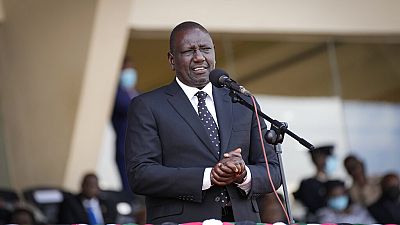

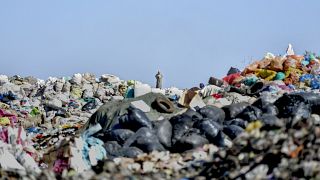
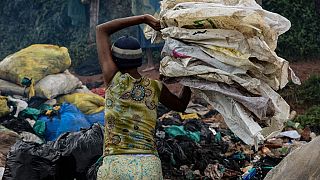


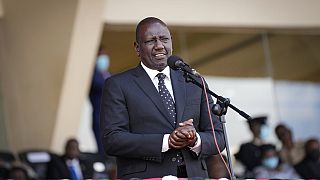
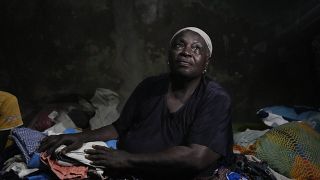
Go to video
Nigerians pick sides as Wizkid and Davido clash online
Go to video
Libya demands improvements after leaked photos show tiny cell of Moammar Gadhafi's son in Beirut
Go to video
Mali forces kill senior figure in Islamic State affiliate
Go to video
South African boxer Dingaan Thobela, 'The Rose of Soweto,' dies aged 57
Go to video
Fuel shortages force UN to halt South Sudan food delivery
Go to video
Diversifying the Democratic Republic of Congo's economy